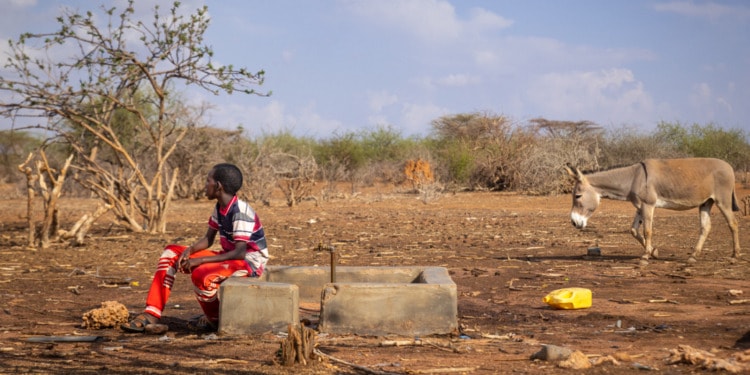In the face of escalating climate change impacts, a new report by the United Nations Environment Programme (UNEP) has raised concerns over the decelerating progress in climate adaptation efforts globally.
With COP28 set to take place November 30-December 12 in Dubai, United Arab Emirates, UNEP’s Adaptation Gap Report 2023 sheds light on the inadequacies in financing and planning, leaving the world increasingly vulnerable to the ravages of the climate crisis.
Having analyzed “progress in planning, financing and implementing adaptation actions,” the report found that the adaptation finance requirements for developing countries are a staggering 10-18 times larger than the current international public finance flows.
This represents a 50% increase from the previous estimates, signaling a growing urgency for substantial financial backing to bolster adaptation initiatives.
“The modelled costs of adaptation in developing countries are estimated at US$215 billion per year this decade. The adaptation finance needed to implement domestic adaptation priorities is estimated at US$387 billion per year,” UNEP writes.
Worryingly, the report also found that public multilateral and bilateral adaptation finance flows to developing countries decreased by 15%, dropping to US$21 billion in 2021. This decline poses a severe setback, especially, as the UNEP report reminds us, in light of the commitments made at the COP26 in Glasgow to provide approximately US$40 billion in annual adaptation finance support by 2025.
“As a result of the growing adaptation finance needs and faltering flows, the current adaptation finance gap is now estimated at US$194-366 billion per year,” UNEP explains.
Related Articles: Who Pays and How: The COP28 Dilemma of Debt and Equity | Climate Funding For Global South Has New Champion: The British People | The Heat Is On: The World Bank Needs To Change | COP28: What’s the Real Plan?
To address these pressing concerns, the report outlines seven key strategies to ramp up financing that include domestic expenditure and international and private sector finance as well as leveraging avenues like remittances and tailored finance for Small and Medium Enterprises.
The report also calls for a “reform of the global financial architecture.”
While acknowledging the potential of the newly proposed Loss and Damage fund, the authors of the report stress the need for the fund to adopt innovative financing mechanisms to attain the required scale of investment.
As the global community gears up for the COP28 summit, the report serves as a stark reminder of the urgent need for comprehensive and collaborative efforts to combat the escalating climate crisis.
“Today’s Adaptation Gap Report shows a growing divide between need and action when it comes to protecting people from climate extremes. Action to protect people and nature is more pressing than ever,” UN Secretary-General António Guterres said in his statement about the report, urging global leaders to address the escalating crisis:
“Lives and livelihoods are being lost and destroyed, with the vulnerable suffering the most. We are in an adaptation emergency. We must act like it. And take steps to close the adaptation gap, now.”
Editor’s Note: The opinions expressed here by the authors are their own, not those of Impakter.com — In the Featured Photo: A boy and his donkey brave the dry heat in Maalimin, Kenya. Featured Photo Credit: UNEP/Miranda Grant.









